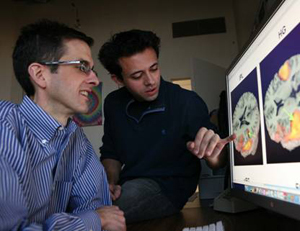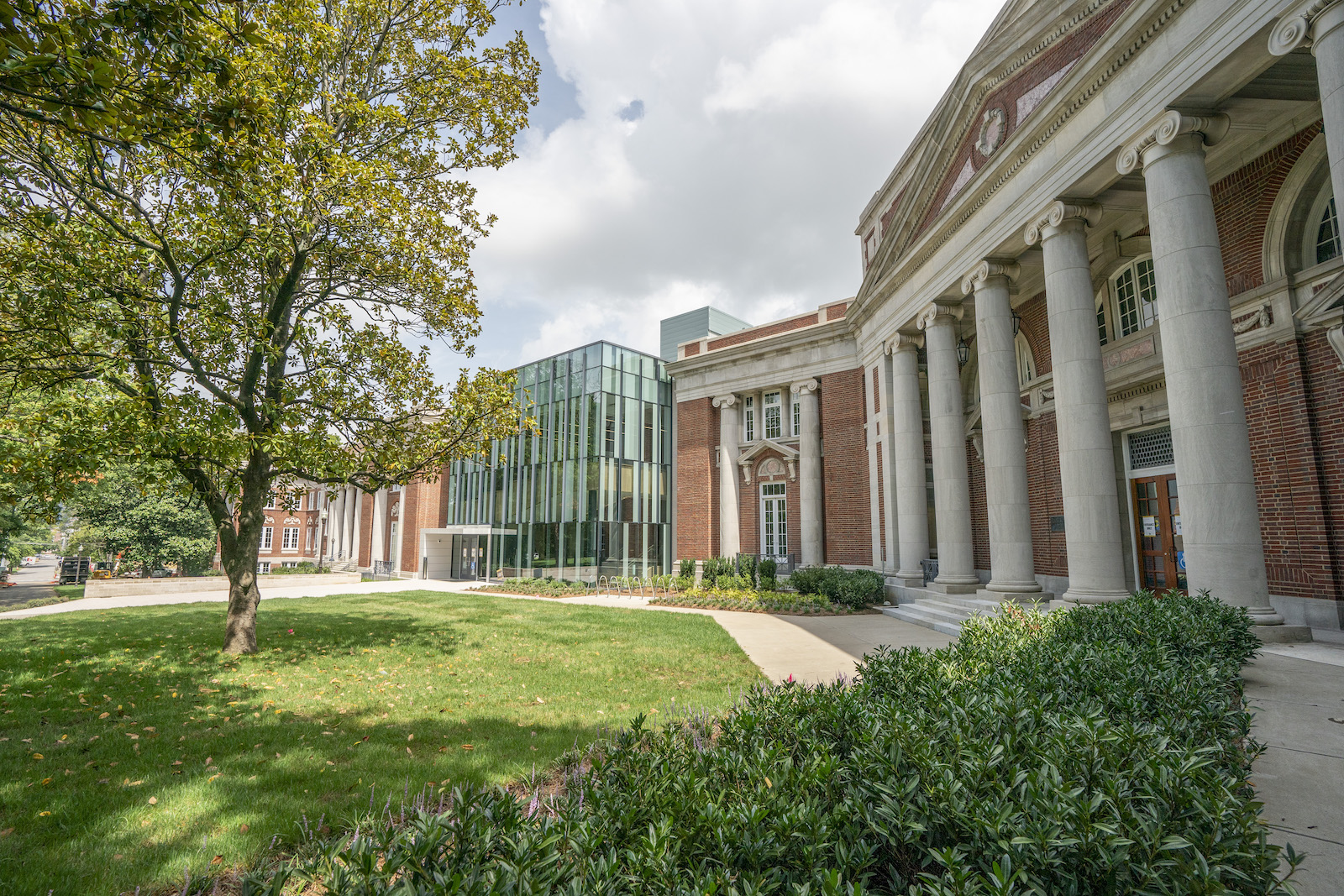Quick links
Program Overview
Housed within the Vanderbilt Neuroscience Graduate Program, our program offers an unparalleled platform from which students can become expert in neuroscience research methods ranging from single-cell recording in primates through to functional magnetic resonance imaging in children. World-class neuroimaging facilities at the Vanderbilt University Institute for Imaging Sciences (VUIIS) combine with an array of the world's leading neuroscientists, making Vanderbilt an international hub for cutting-edge neuroscience research.
Educational Neuroscience is distinguished from traditional cognitive neuroscience by its focus on research questions that have direct educational relevance. Ideal candidates will typically be learning sciences, psychology or neuroscience graduates and will have some form of research experience. Preference will be given to students whose research interests closely align with a specific primary advisor. Faculty advisors are neuroscience training faculty affiliated with the Vanderbilt Brain Institute with a stated emphasis in educational neuroscience.

Program Facts
Program Director: James Booth
Education Coordinator: Ally Jacobs
Admission Term: Fall
Credit Hours: 72
Application Deadline: December 1
